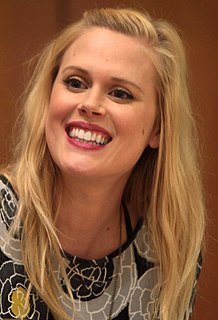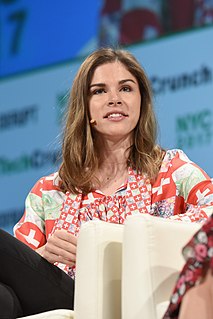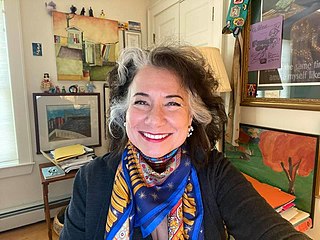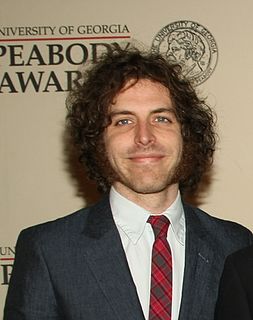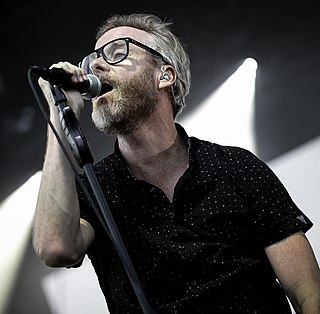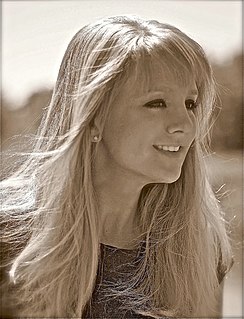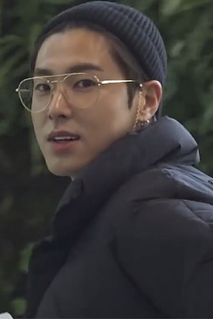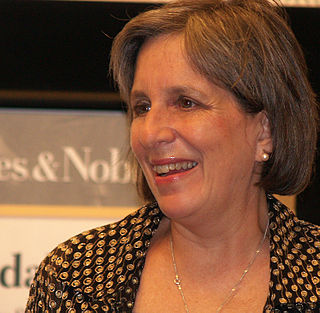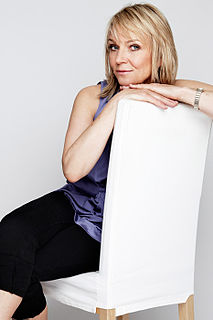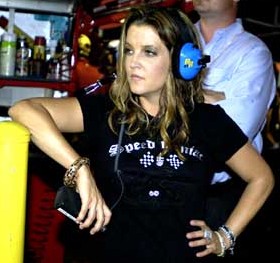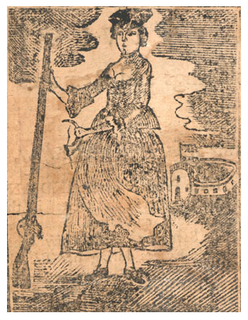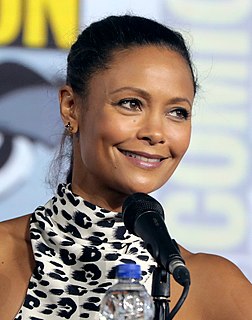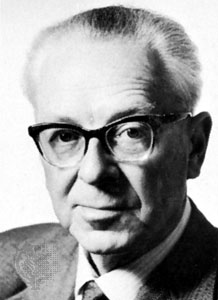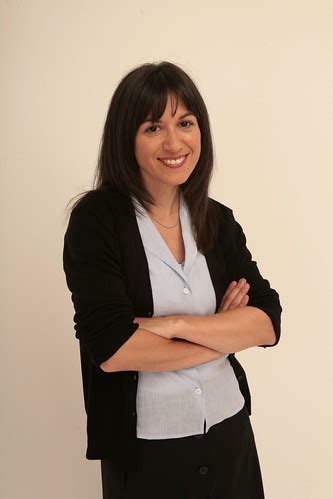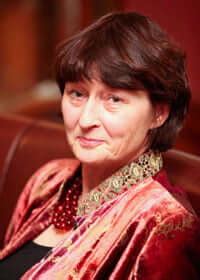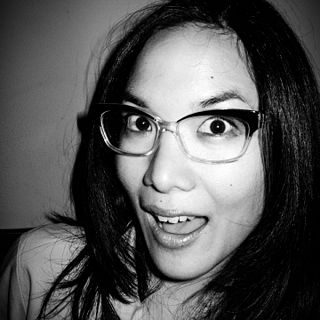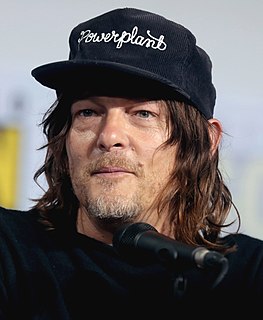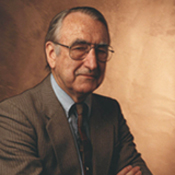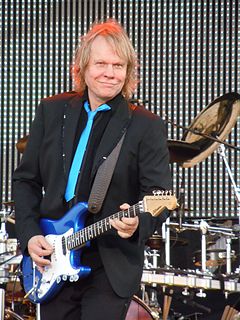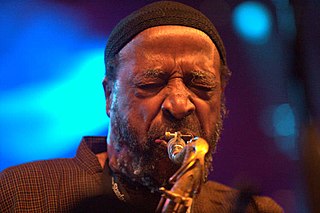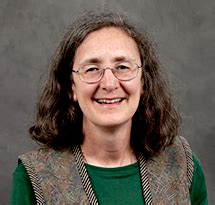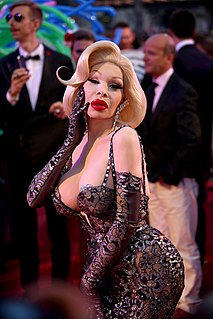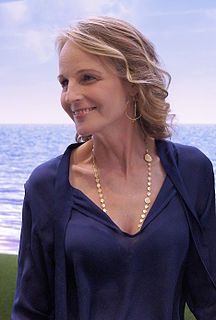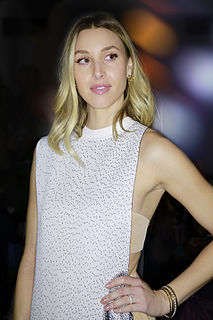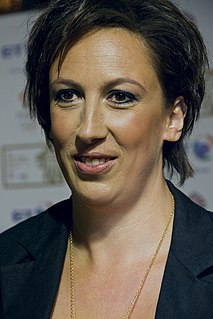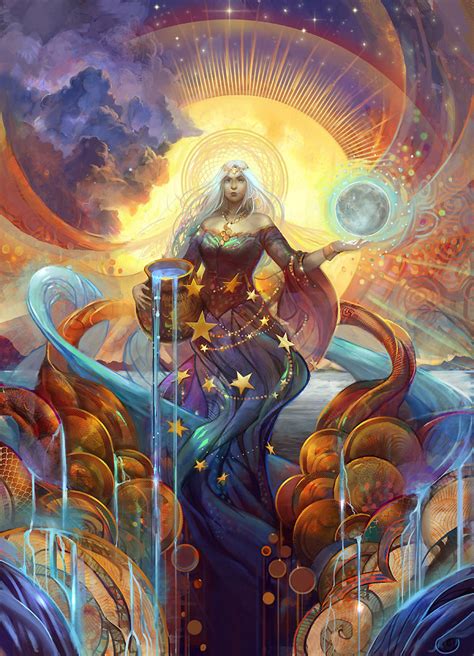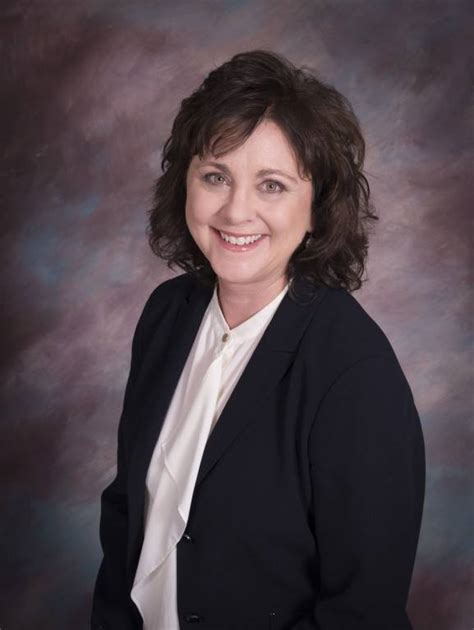Top 766 Roaring Twenties Quotes & Sayings - Page 10
Explore popular Roaring Twenties quotes.
Last updated on April 20, 2025.
I never pursued anything in terms of performing comedy until I was in my twenties. I was basically forced into it by a couple of my friends who were starting a sketch troupe and thought I'd be good at it. I was kind of terrified by it, but I gave it a try. I am so grateful to those guys for believing in me and viciously twisting my arm!
Anger can offer a sense of indignity to replace a sense of shame, and offer a voice-raised above others-which can finally be heard. Those voices are most effective when they are raised in unison, when they have mercy as well as anger behind them, and when, instead of roaring at the anger of old pain, they sing about the glorious possibilities of a future where anger has a smaller house than hope.
It is a solemn sight to see so many Christians lying in their blood, some here, and some there, like a company of sheep torn by wolves, all of them stripped naked by a company of hell-hounds, roaring, singing, ranting, and insulting, as if they would have torn our very hearts out; yet the Lord by His almighty power preserved a number of us from death, for there were twenty-four of us taken alive and carried captive
True beauty, the kind that doesn't fade or wash off, takes time. It takes incredible endurance. It is the slow drip that creates the stalactite, the shaking of the Earth that creates mountains, the constant pounding of the waves that breaks up the rocks and smooths the rough edges. And from the violence, the furor, the raging of the winds, the roaring of the waters, something better emerges, something that would have otherwise never existed.
There ought to be more grants that go to people in their late twenties and early thirties. That's a crucial age, although it's very hard to judge who is worth supporting and who is not. Looking back on my own life, I see that was the period when I was closest to giving up as a novelist and when I most needed some encouragement.
His impression was that he had been imprisoned in a shelter deep down in the underworld of his personality, listening and biding his time while insanity rushed like spring flood through the upper layer of his soul, roaring and crashing, leaving terrible destruction in its wake, a deserted, ravaged country. No, he hadn't been crazy, but something inside him had been crazy.
I think because I did become a well-known face in my thirties and not in my twenties, I was pretty settled in my boots and I knew who I was. And I think there's a sort of Scottish thing, too, where you don't take yourself too seriously, and you don't get carried away with your own sense of self-importance.
People always think that when they grew up it was better. The people who went to Studio 54 say, "Oh, this is nothing!" or "The Limelight is nothing. In our day it was much better." But I mean, it's always great. It's always fresh to the kids. And to me, you've just got to make it happen. You can't be a downer and say, "This is nothing like the roaring 20s."
Some time ago we heard a strange story. The pilot of a small plane said that he had been caught in a one hundred fifty mile gale, which held his plane perfectly still. The motor was roaring, he claimed, but the plane was not moving. "It was weird," he said , "to be going one hundred fifty miles an hour and yet not be going anywhere at all."
The moment that always comes to mind when I think fondly about 'The Hills' is when Lauren and I got to go to Paris. I was in my early twenties, and I had never been to Paris. The thought of the Crillon Ball was so glamorous - wearing designer gowns, getting hair and makeup done, and meeting all these amazing people.
When you're in your twenties, you're made of expectations, and when they're shattered, you don't know how to behave. The fact is if you react really outraged, you fear that you'll get dropped and feel even more terrible. But there's only a certain amount you can put up with before you become obnoxious in your own eyes, right?
The Sexual Revolution offered us women this deal: you can particiapate in higher education and the labor market, as long as you agree to chemically neuter yourselves during your twenties, and endure expensive, humiliating, and possibly dangerous infertility treatment during your thirties and forties.
The silence is so intense that you can hear your own blood roar in your ears but louder than that by far is the mysterious roar which I alwas identify with the roaring of the diamond wisdom, the mysterious roar of silence itself, which is a great Shhhh reminding you of something you've seemed to have forgotten in the stress of your days since birth.
The absolutist lays down the law, but the relativist hears only roaring and bawling. Or, when the relativist voice, as it is heard from philosophers such as Nietzsche or James, itself starts to grate and sounds shrill, as it often does, and when the relativist then offers concessions, the absolutist hears only insincerity. The war of words can often turn into a dialogue of the deaf, and this too if part of its power to arouse outrage and fury.

